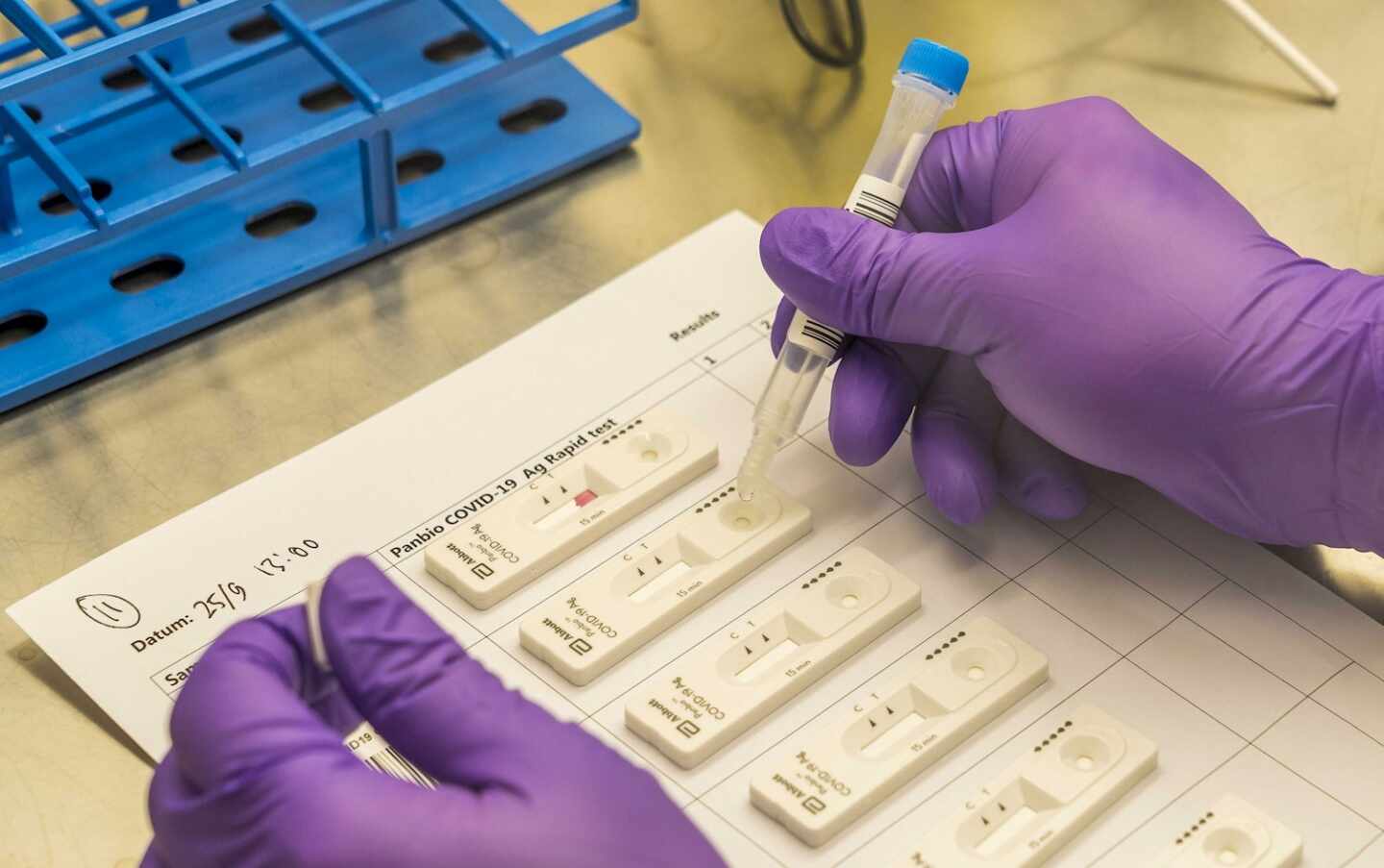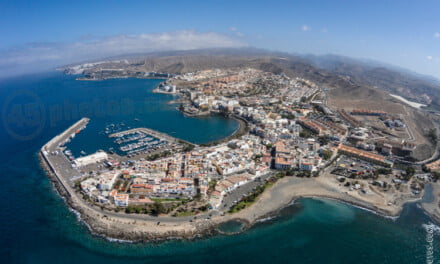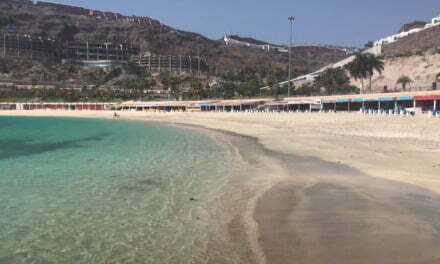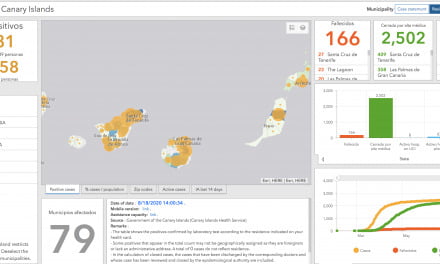The Canary Islands Government Ministry of Health this Monday published a resolution setting the parameters for using antigen tests to detect SARS CoV-2 virus. They advise that diagnostic tests, which produce results in just 15 minutes, only be performed on patients who have either had symptoms compatible with COVID-19 for the previous five days or to find asymptomatic patients who have been in close contact with a confirmed positive case.
The Government announcement last week had stated that they were focused on using rapid antigen tests, which are quicker and cheaper when compared to the standard PCR tests currently used to verify whether a suspected infection is being carried by a patient. Last month the Madrid regional government had also said they wanted to use rapid antigen tests, and this week the British Government has also declared their first mass testing program with the roll out of 5 million test kits to be used in the city of Liverpool, which will in theory allow citizens to be tested every two weeks or so.
Experts here in Spain, however, have questioned the use of antigen tests for mass testing and now questions have been raised as to their effectiveness for testing tourists, which the Government of the Canary Islands agreed and announced they wanted to use. A resolution from the Canary Islands general director of Public Health, Juan José Alemán, has however excluded, for now, the use of rapid antigen tests to screen national and international visitors who will be required to provide a test certificate with negative results if they want to stay in regulated tourist accommodations throughout the archipelago. The valid technique will continue to be PCR.
The regional regulation follows guidelines set by the World Health Organisation (WHO) based on the scientific evidence on the efficacy of these tests. And to date, the available studies indicate that it is primarily within five days from the onset of symptoms when this technique is most accurate, with similar sensitivity and a specificity to PCR testing.
In her appearance last week to explain the regional government’s proposed solution to try and save the main winter tourism season, without compromising health security in the midst of the pandemic, Minister for Tourism, Yaiza Castillo, said that her department were focused towards using Antigen tests “or whatever is easier, more convenient, faster” and can be validated by the authorities. Airlines and hotel managers have expressed their interest in promoting the widespread use of this detection technique as a way out of the tourism crisis.
However, microbiology experts have already warned that these tests by not be suitable for screening asymptomatic patients or for testing people who have had symptoms for more than five to seven days, since sensitivity and efficacy decreases from that phase of the disease.
The regional government last Saturday published in the Official Gazette of the Canary Islands (BOC) the decree law 17/2020, which modifies two existing regional laws: the Tourism Planning Law and the Classified Activities Law. However these modifications only mention the obligation to present a negative test certificate, referring to a diagnostic test for active infections, without specifying which technique is to be used. The Tourism Minister herself had already warned that the decree would be drafted “in a broad sense” so that any progress or innovations in diagnostic tests for coronavirus would not imply the need to modify the new rules in order to apply these novel techniques.
Official sources at the Ministry of Health indicated this Monday that “at this moment” the key test for asymptomatic patients continues to be PCR (Polymerase Chain Reaction). “The minister said that the Tourism Department would opt for the most suitable test, but that the Health Department would decide. And the Health Ministry is pointing, with current scientific evidence, to PCR.” This latest resolution from the Canary Islands general director of Public Health has the way clear to modify its advice in the future and update it on the basis of “the results of the various studies that are being carried out on the specificity and sensitivity of tests and in coordination with the Ministry of Health, Consumption and Social Welfare”.
The resolution with regards to antigen testing is applicable to all public and private health centres, services and establishments with diagnostic capacity in the Canary Islands, and establishes the obligation of the prescribing physician to report positive results, as occurs with other screening tests and how they set the protocols.













